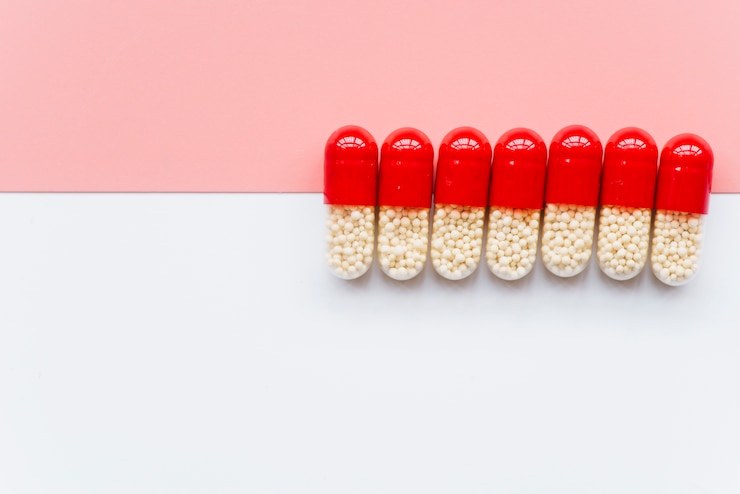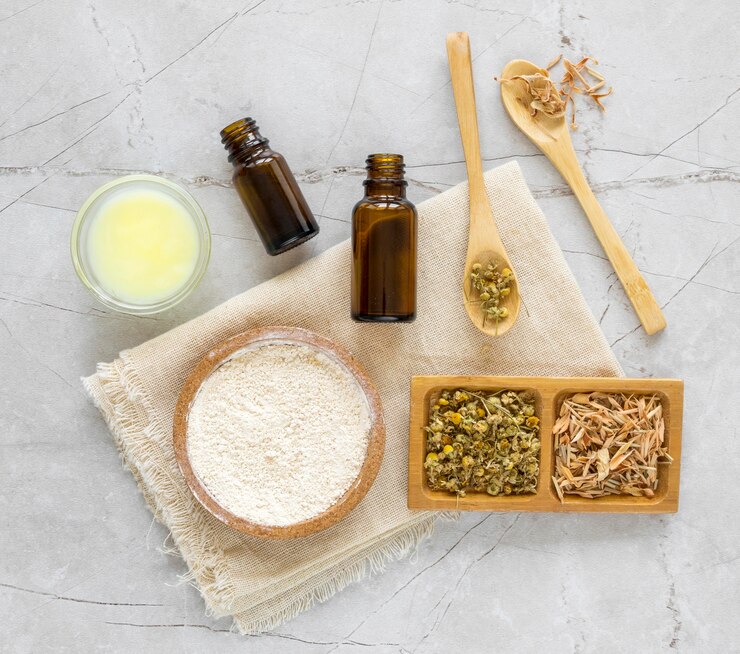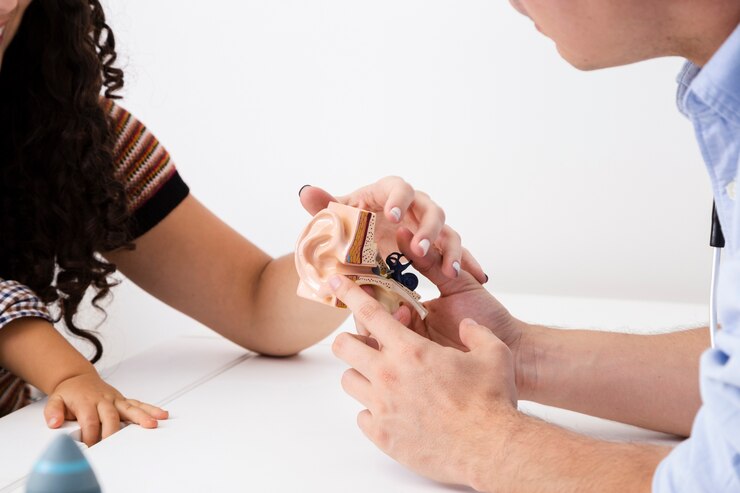
Settle in, because this is a lengthy post! Before trying any supplements mentioned here, please remember this is not medical advice. It’s always best to consult with a natural healthcare practitioner to find what’s safe and effective for you.
Now, with that said, I want to discuss natural health supplements that are evidence-based and effective for managing rosacea symptoms. It’s important to remember that everyone is different, and what works for one person might not work for another. For example, rosacea can sometimes be linked to SIBO (small intestinal bacterial overgrowth), and addressing SIBO might alleviate rosacea. However, not all rosacea cases involve SIBO, and if you do have SIBO, taking a probiotic might make matters worse. Another potential cause is H. pylori, though not everyone with rosacea has high H. pylori levels. If you’re unsure, your doctor can test for H. pylori to eliminate it as a cause.
Before diving into the supplements section below, keep in mind that supplements should complement a healthy diet. Unhealthy eating habits cannot be offset by supplements alone. Treating rosacea often requires some trial and error. It took me 3-4 years of research to find what worked for me, and I can relate to the embarrassment of not wanting to show my face in public due to rosacea.
In the U.S., about 14 million people are living with rosacea, many without a diagnosis. It’s a common skin condition and can negatively affect mental health, leading to depression and anxiety. I chose a natural approach after a dermatologist recommended birth control pills, antibiotic cream, and oral antibiotics. These suggestions didn’t align with my understanding of skin and gut health, so I decided not to proceed with them, worried about potential long-term effects.
After exploring various resources online, I realized that conventional treatments often don’t offer lasting relief and usually come with side effects. If you’re currently on medication, you can still support your body naturally. Treating rosacea is a personal journey, so do what feels right for you.
Now, let’s get into some supplements to consider for managing and preventing rosacea.
### Probiotics
– **Why:** Gut health is crucial for healthy skin, especially for conditions like rosacea and acne. Probiotics can improve gut health and positively impact the skin. But for those with SIBO, probiotics may not be suitable.
– **Best Probiotics for Rosacea:**
– **Lactobacillus paracasei:** Improves skin barrier and reduces sensitivity.
– **Lactobacillus longum:** Increases resistance to stressors and reduces dryness.
– **Lactobacillus plantarum:** Offers antibacterial and anti-inflammatory benefits.
Some probiotics can increase histamine, which might trigger rosacea, but strains like L. plantarum and L. longum can help decrease histamine levels. Consider addressing dietary histamines and incorporating natural supplements to manage them, like quercetin and green tea.
### Saccharomyces boulardii
This beneficial yeast supports the gut microbiome and reduces inflammation, a key issue in rosacea. It also aids in eradicating H. pylori and improving gut health, which I’ve personally found to be beneficial.
### Zinc
Zinc promotes skin renewal and repair, making it great for acne-prone skin. It’s anti-inflammatory and essential for maintaining skin and immune health. Just be cautious about the zinc-copper balance.
### Omega 3s
These fatty acids reduce inflammation and improve various skin issues, including rosacea. I’m a fan of cod liver oil, as it also provides vitamins D and A.
### GLA Borage Oil
GLA is excellent for skin hydration and elasticity and may help reduce rosacea redness. I recommend supplementation since dietary sources aren’t sufficient.
### Vitamin C plus Bioflavonoids
Vitamin C strengthens skin barriers, reduces oxidation, and helps prevent broken capillaries, a common rosacea symptom.
### Astaxanthin
A potent antioxidant, it improves skin texture and elasticity while providing sun protection and reducing redness.
### Other Considerations
If hormonal imbalance underlies your rosacea, DIM may help. Managing stress is also crucial, and adaptogenic herbs may be worth exploring. I’ll be addressing stress and lifestyle factors in an upcoming post.
**Should You Take All of These?**
No, taking them all would be overwhelming. Evaluate each option with your healthcare practitioner, especially if you have other medications.
For more resources on tackling rosacea naturally, check out these posts. Feel free to share your thoughts or ask questions below.
Wishing you joyous health!
—
**Regarding Finacea Cream:**
I haven’t tried it, but reviews suggest it works as a spot treatment for some, despite possible side effects like redness and itching. If you decide to try it, test it on a small area first.
**On Collagen Brands:**
I recommend Bend Beauty, Genuine Health, or Organika. I don’t have a specific brand for “corsatine,” as I’m not familiar with it.
**For Brands Not Available in California:**
Any quality brand without fillers works for S. boulardii, and the same goes for GLA or Borage oil. Check local health food stores or Whole Foods for options.
**Greens Powder Recommendations:**
Have you tried AG1? It’s a popular choice.


